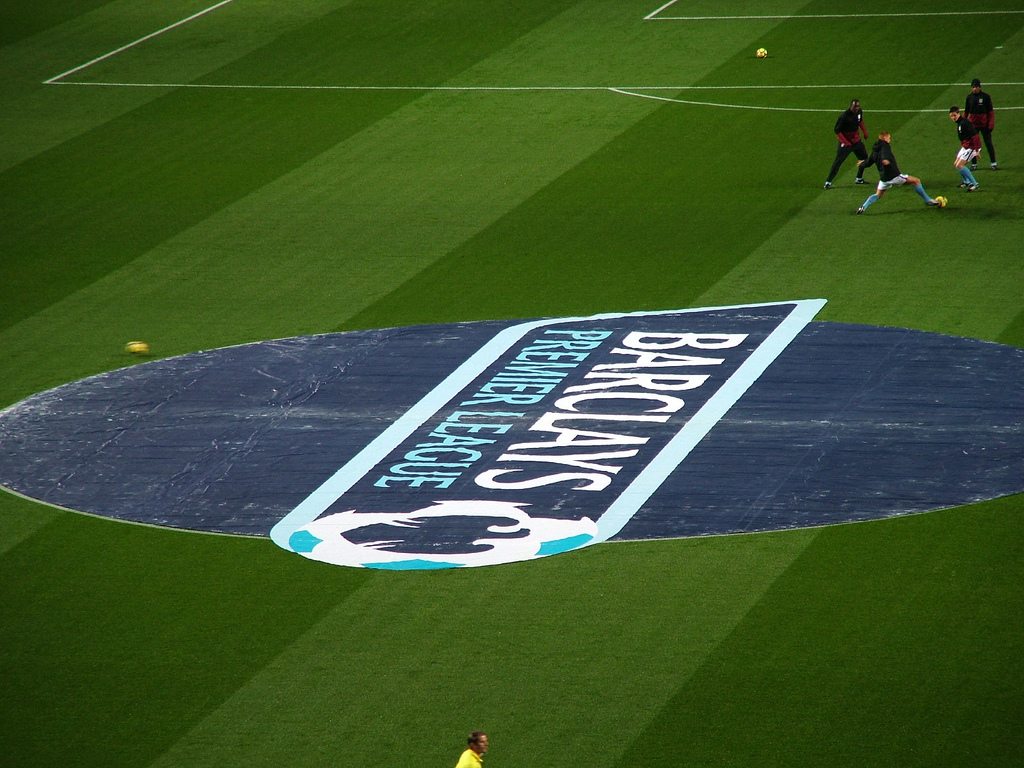Premier League missing open goal on Living Wage
The start of November is marked by Bonfire Night, painfully early Christmas music, questionable facial hair and, since 2011, Living Wage Week. This year, the club I support – Everton – became the latest Premier League team to pay all their employees the living wage (£9.40 an hour in London and £8.25 elsewhere). I was pleased, but slightly embarrassed this had taken so long. So, how many of England’s elite do the same? The answer: just one – Chelsea.
Make no mistake; this is a damning indictment of the beautiful game
Make no mistake; this is a damning indictment of the beautiful game. Football and footballers take an awful lot of unfair and absurd criticism, never more blatantly than around Remembrance Day, but this is one area where those calling ‘foul’ are spot on.
This is not even a ringing endorsement of the living wage as a notion for the country. Though that is where my sentiments generally fall, many understandably oppose its implementation. Economic issues such as pressure on small businesses and regional cost of living disparities are two reasons why.
Premier League football clubs are not small businesses. Most, if not all, are blessed with almost incomprehensible levels of disposable wealth and seem determined to prove their largesse every transfer window. The clubs in question spent over a billion pounds on transfer fees last summer alone. The last television contract saw clubs share a sizeable chunk of £8.3 billion – Manchester United are paid £15 million a year just for sponsorship of their training kit.
These people are the lifeblood of the game and the clubs they enable to function, yet many now feel detached from the institutions they fell in love with as children
Sure, clubs are rich, but why should they spend more than they need to? Firstly, five Premier League clubs are based in London, where the need for the living wage is most prevalent and the minimum wage least sufficient. Many of those outside the capital belong to regions that are impoverished. All have strong historical and intrinsic links to working-class communities and support, therefore a high percentage of the employees affected are from this section of society. These people are the lifeblood of the game and the clubs they enable to function, yet many now feel detached from the institutions they fell in love with as children. The introduction of the living wage would go some way to humanise and restore local faith in what are now global corporate behemoths, setting an example to others. Several clubs have charities supporting locals who need their help most, but calling on ordinary people to give what they can seems shallow and hypocritical when the clubs themselves are so exploitative.
There are obvious parallels between Premier League clubs under-paying their employees and swanky firms taking advantage of unpaid internships
As a cash-strapped student, this is not difficult to relate to. The cost of living seems to be on a relentless rise – indeed, it was recently reported that campus is no exception. As a result, the minimum wage is simply not enough for a decent living standard, especially for those with families to support. Us students are also hyper-aware of affluent employers who increasingly seek to take advantage of job vulnerability and desperation. There are obvious parallels between Premier League clubs under-paying their employees and swanky firms taking advantage of unpaid internships.
As Everton’s Chief Executive Denise Barrett-Baxendale put it: “Supporting the accredited living wage is quite simply the right thing to do; it improves our employees’ quality of life but also benefits our business and society as a whole.”
It is time that all twenty Premier League clubs paid the living wage, not two. One small gesture could make a huge difference.

Comments